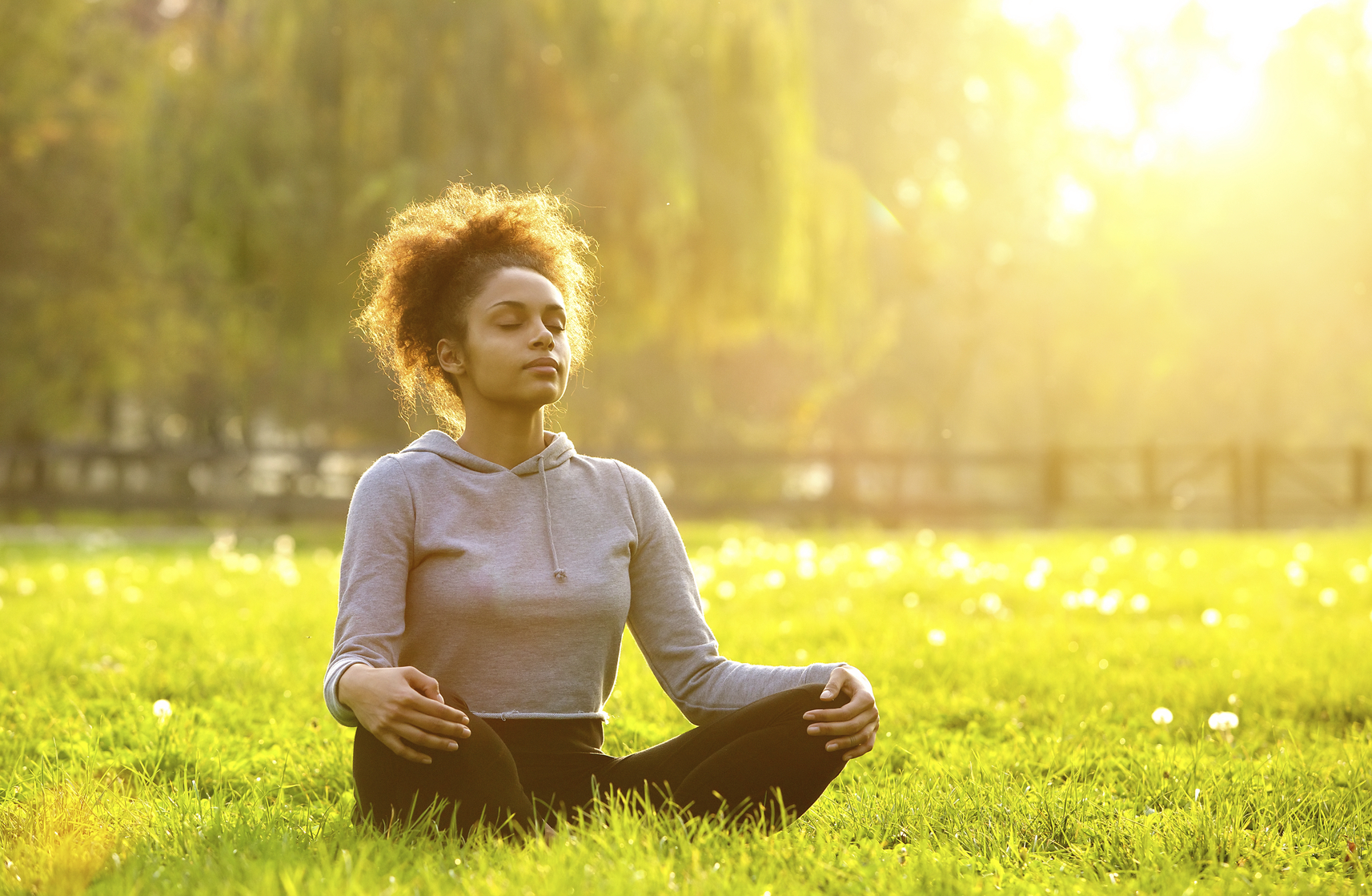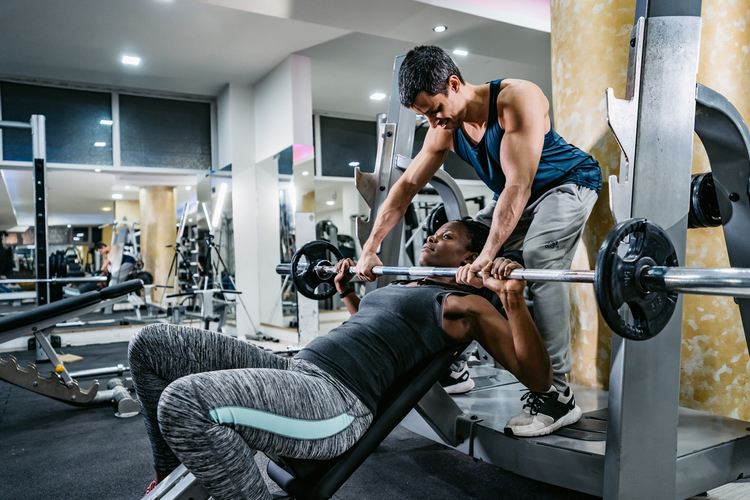Why This One Thing Is the Most Important Part Of Your Workout
HINT: YOU’RE DOING IT RIGHT NOW
It was 2:24 in the morning and I was holding my one and a half-week-old daughter. Despite being very very hungry (and I’d like to think, very smart), she couldn’t seem to remember how to latch on to breastfeed. Instead, she remembered all too well how to wail: short, sharp alarming cries that seemed to escalate even as she could barely take in enough air to continue. I had in my arms a siren that was alerting the whole neighborhood to my failure as a parent. It was an odd time to reflect on something I practice while working out. In fact, I didn’t. I sat there in the dark, suffocating in panic and eventually I let out a long cry too.
In the bleary-eyed sunlight of the next day, I finally remembered something I tell my training clients: breathe through the hard part. Instead of being disappointed that I hadn’t remembered my own advice, I was happy to have had a clear and cogent thought after that ridiculously long night.
Shock face: As a runner, I can run so much better while I’m breathing freely. Don’t get me wrong: I’ve never tried to hold my breath and run at the same time. But, I’ve been guilty of chatting too much while running and totally gotten too nervous and allowed my breath to get short, quick and arrhythmic; on more than one occasion that’s led me down the road to Panictown. I’ve had to slow down…I’ve lost pace… walked…or stopped altogether…I’ve dropped out of a race entirely, just to catch my breath.
Unfortunately, uneasy breathing is something I’m all too familiar with, so I speak from experience when I tell clients that breathing is key.
Quick, short breathing (think: hyperventilating) sends an “outside, in” signal to the brain that there’s trouble: and a fight or flight response is triggered. These fast, short breaths send a natural espresso shot to the brain in the form of bursts of oxygen, and a false message that the body is under duress. Don’t spend your precious oxygen sounding an alarm when A. you are probably under too much stress from life already and B. it’s your muscles that really need the fuel while you are working out.
When you breathe easily, you are taking in more oxygen, which is passed along to the blood in your heart, and then carried to your muscles. It’s in the muscles where that same oxygen is used to make energy and used as an ingredient in muscle contraction.

Other things happen when we breathe easily, too. As we exhale, we are releasing tension, letting go of stress and allowing the blood pressure to lower. This isn’t just some hippie-dippie health-cure. The American Heart Association recommends regular, deep breaths for relaxation, and “taking a few minutes to relax each day could help you lower your risks of cardiovascular disease.” Since the body responds to physical and mental stress in the same way, I instruct clients to breathe out during the stress, or the “work” of the rep (by “work,” I mean the concentric portion of the lift: when the muscle is shortening) in order to calm the mind and spirit.
Why not make the work as easy–on your whole self–as possible?
Long exhalations are a way of fooling the mind into thinking that all is calm. Try this trick while running: as you increase your pace, slow your breathing by lengthening your exhalations.
I like to do this with two or three strides per one breath in, four strides per one breath out.
Try it and see if you run with more ease.
It’s funny to me that while breathing is something that happens involuntarily, this simple, mindless act eludes so many of us. I’ve heard from countless clients that “I don’t know how to breathe.” I respond, “We are born knowing how!” Babies and dogs can easily take in air from below the diaphragm and calmly exhale – see my one-and-a-half week old for proof.
So is it our mind that gets in the way when we’re “trying” to breathe?
As an acting student, I was told that we hold our breath when we don’t want to feel.
Bring your attention to your own breathing…when do you hold your breath?
Even though it’s not taking place up on a stage, the subconscious attempt to “avoid feeling” might be why I find clients holding their breath as they work out. Whether they are feeling or not, it is certain that they are robbing themselves of oxygen and piling on the stress.

If we hold our breath to avoid feeling, then if we breathe more, are we also feeling more? Can breathing open us up to experiencing more of the world around us…?
Beyond making our biceps bigger, or our cardiovascular systems stronger, exercise can teach us valuable “self-soothing” skills. We can take what we practice in the weight room, in the studio, on the track and breathe easier through interactions on the freeway, negotiations in the boardroom, difficult discussions with our spouse…even in the middle of the night, when caring for a tiny human.
An easy breath can influence my body to be calm when I’m doing a stressful workout, and an easy breath can soothe my soul when I’m under mental stress.
Resting my little one against my chest, I breathe in. We breathe out.



